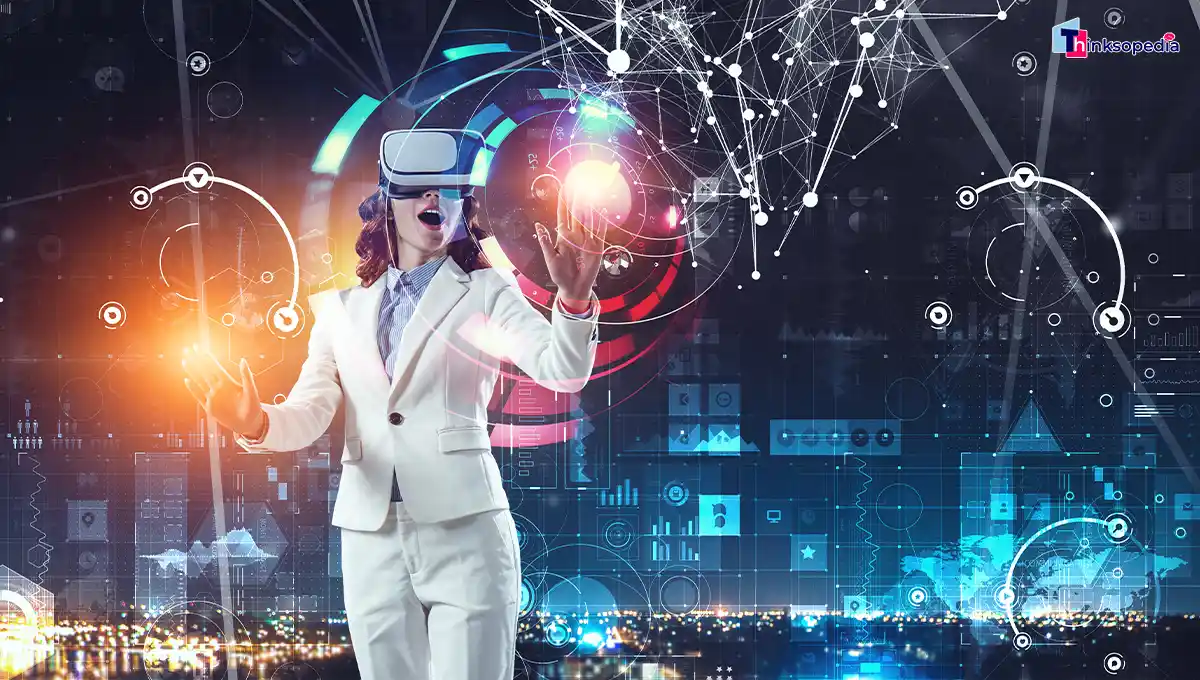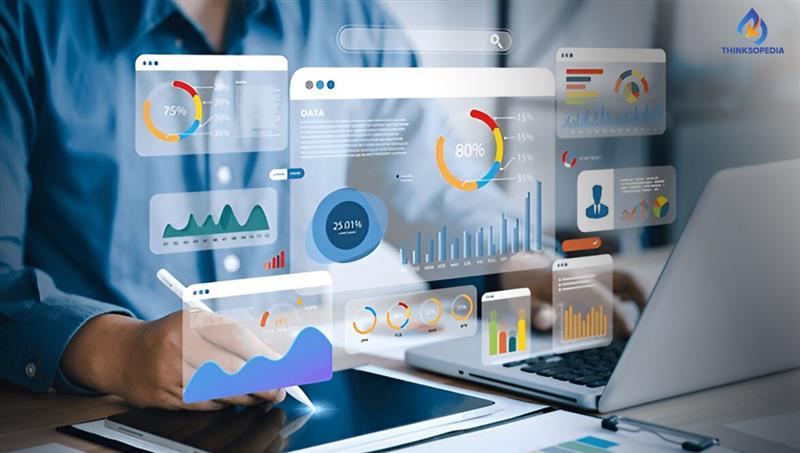
What will be the future of generative AI
The future of generative AI is one of the most talked about subjects in technology today. The future of generative AI is not just smarter chatbots or art tools. It is about how people will learn, work, and even create. The real power of the future of generative AI lies in its ability to change industries and culture at the same time.
Understanding Generative AI Technology Growth
At the center of everything is generative AI technology. This is software that can create text, images, video, or sound. It learns from data and then produces new things that look and feel real. The speed at which this technology improves is shocking. Every few months, new systems come out that feel more advanced than the last.
Current Generative AI Trends Emerging
Some big generative AI trends are already visible. Businesses are using it for marketing copy, product design, and code writing. Students use it for study help and explanations. Doctors test it in research, finance firms test it for risk models. The trend is simple: AI tools are not just side projects anymore, they are being used in serious work.
AI For Content Creation Every Day
One of the most common uses is AI for content creation. Blogs, social media posts, ads, and scripts can all be drafted quickly. For creators, this saves time. For businesses, this saves money. But it is not only about speed. It is also about how ideas flow. People use AI to brainstorm and break writer’s block. The tool does not replace creativity, it gives it a push.
Automated Content Creation At Scale
A growing part of this story is automated content creation. Entire websites, e-commerce stores, and ad campaigns are being filled with AI generated material. This changes how the media works. Instead of weeks of planning, content can now be produced in hours. This speed is powerful, but it also raises questions about originality and quality.
Generative AI In Entertainment Media
Entertainment is also being reshaped. Generative AI in entertainment covers music, film, games, and even live shows. AI can write background scores, design visual effects, or even create scripts. Imagine an entire short film made by a mix of human directors and AI systems. For small creators, this lowers cost. For big studios, it speeds up production.
Generative AI In Gaming Industry
Games are becoming more dynamic thanks to generative AI in gaming. Characters can be smarter, stories can shift in real time, worlds can feel alive. Instead of scripted paths, AI makes each experience unique. For developers, this means faster design. For players, this means endless variety. Gaming might be one of the industries most transformed by AI.
Data Augmentation In Machine Learning
Another use is data augmentation machine learning. AI systems need a lot of training data, but sometimes data is limited. Generative AI can create new synthetic data to fill gaps. This is useful in areas like healthcare, where privacy limits real data sharing. By generating synthetic but realistic data, models train better without risking privacy.
The Impact Of Generative AI Globally
The impact of generative AI is bigger than any single tool. It changes how companies hire, how schools teach, how media is consumed. It also raises big debates: who owns AI content, how safe is it, what jobs will it replace? The impact can be both positive and negative, and societies will have to balance both.
The Role Of Humans In Future
A common fear is that AI will replace people. But the truth is that humans still matter most. AI is a tool, not a leader. A painter with AI paints faster, a writer with AI writes easier, a teacher with AI explains better. The role of humans is to guide, choose, and create with intention. Machines provide speed, people provide meaning.
Final Thoughts On Future Of Generative AI
The future of generative AI is not far away, it is already here. We see it in generative AI trends, in AI for content creation, in generative AI in entertainment, and even in generative AI in gaming. We see it in labs using data augmentation machine learning, and in companies testing automated content creation.
The impact of generative AI will be huge. It can make work faster, it can bring down costs, it can open creative doors. At the same time, it raises questions about ethics, jobs, and trust. Like every powerful tool, it depends on how people use it.
The future is not man versus machine. It is man with machine. Generative AI is just the beginning. What comes next depends on us.
